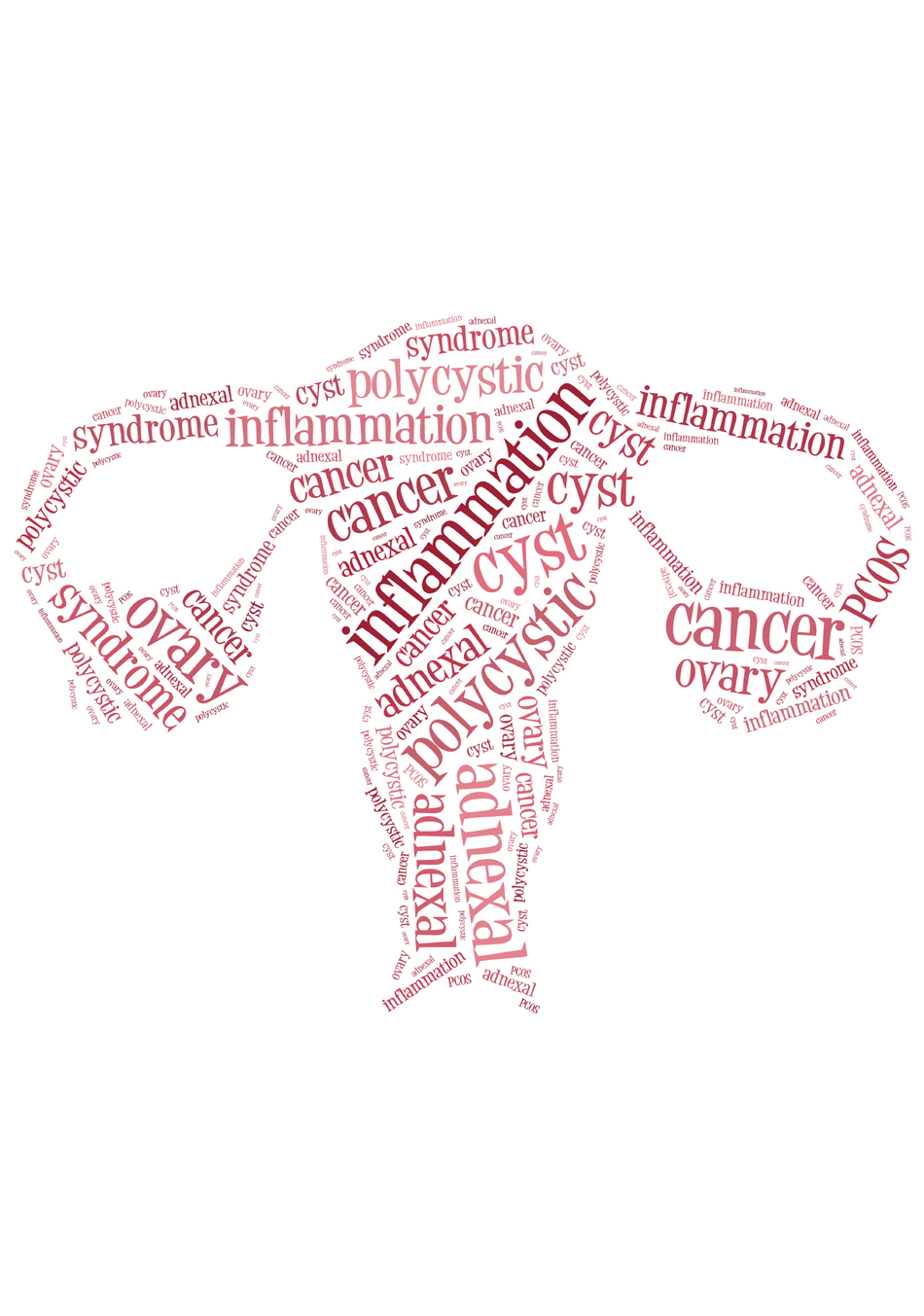Episode Transcript
Dr. Jones: "I have irregular periods, and I'm overweight. Do I have PCOS? I looked it up on the web." This is a question I hear all the time. What is PCOS, and how do you know if you have this condition? This is Dr. Kirtly Jones from Obstetrics and Gynecology at University of Utah Health Care, and we're talking about the most common endocrine problem in women today on The Scope.
Announcer: Covering all aspects of women's health, this is The 7 Domains of Women's Health with Dr. Kirtly Jones on The Scope.
Dr. Jones: PCOS, I hear some people say, "P-COS," but in fact, those of us in the know just say, "P-C-O-S" is polycystic ovarian syndrome. The "poly-" part is "many," the "-cystic" part is little fluid-filled pockets, the "ovary" part is self-explanatory, and the "syndrome" part is that it's a condition with several symptoms and it's not caused by any one thing. It's not a specific disease.
So the many cysts are very small, little egg cysts called follicles in the ovary, stuck, in that they are less than a half inch, and they are ordinarily much smaller than a normal follicle. It makes an egg. They don't grow big and hatch an egg every month, and they don't go away every month. They eventually shrink, but new ones take their place.
Because they don't grow big to about an inch and hatch out of the egg every month, women with PCOS don't have regular periods. Their periods are more than 35 days apart, and they're not predictable. This is one of the symptoms of PCOS. Now, there are many different conditions and diseases that can make irregular periods. Women at the beginning of their reproductive life and at the end of reproductive life are almost always irregular for a while.
The other symptom, which may be subtle comes from the fact that all these little egg follicles in the ovary make male hormones, and this is normal. When you have a lot of them, though, you have increased male hormones. Until a follicle gets big enough to make estrogen and ovulate, they make male hormones, so the other symptom that goes with PCOS is an excess of male hormones. Now, this isn't a huge excess, nowhere near the level that men have, but enough that some women may have acne or hair growth on their face or abdomen, coarse hair, not the little fine hairs that all women have.
So you said you were overweight and had irregular periods. Although many women with PCOS are overweight and being overweight does complicate PCOS, it isn't necessary for the syndrome. What is necessary for the syndrome of PCOS has been debated furiously on both sides of the Atlantic for more than 50 years.
Europeans prefer that the diagnosis be made by two of the following three findings. Irregular periods, evidence of excess of androgens or male hormones, and multiple little cysts on the ovary on ultrasound. Well, these criteria would be seen in every adolescent with irregular periods and acne, which most 13-year-olds have. Americans like just two criteria, but you have to have both, irregular periods and evidence of extra male hormones.
If you Google PCOS, and you'll find that this syndrome is found in 5% to 10% of women in reproductive age, PCOS isn't a syndrome of little girls or post-menopausal women. But 1 in 10 to 1 in 20 young women will have this. It is very common. Also, if you make the mistake of Googling PCOS, you will scare yourself by the claims of PCOS women that they will be infertile, obese, hairy, diabetic, and die early from heart disease.
We know that women with PCOS can have a hard time getting pregnant, but most of them will if they seek medical care, and many of them will, even if they don't. Those sneaky little eggs do ovulate on occasion. Weight management is particularly important for women with PCOS, as many do have an increased risk of Type 2 diabetes, but many don't get diabetes. Women with PCOS, who are obese, have more difficulty getting pregnant and staying pregnant than those of normal weight or those obese women who don't have PCOS.
And the claims of increased coronary heart disease have not really panned out, so I wouldn't worry about that, except that all women should worry about that.
Okay, so how do you know if you have PCOS? If you have irregular periods and you aren't a teen or breastfeeding or using hormonal contraception or close to menopause, you should see your doctor. And if you have unwanted acne and facial hair, you probably want to see your doctor. If you have both, you may have PCOS.
And there are many ways to manage the symptoms or help you get pregnant if you want to. There are a few rare conditions that look like PCOS, problems with the adrenaline glands or tumors that make male hormones, but these are very, very rare and easy to rule out.
PCOS is common, and the signs and symptoms can make a woman worried and unhappy, but there are lots of things we can do. We don't have a cure, but we have some very good workarounds. If your primary care doctor or your OB/GYN can't help you get your symptoms under control, there are specialists called reproductive endocrinologists who can help you out.
Announcer: TheScopeRadio.com is University of Utah Health Sciences Radio. If you like what you heard, be sure to get our latest content by following us on Facebook. Just click on the Facebook icon at TheScopeRadio.com.
